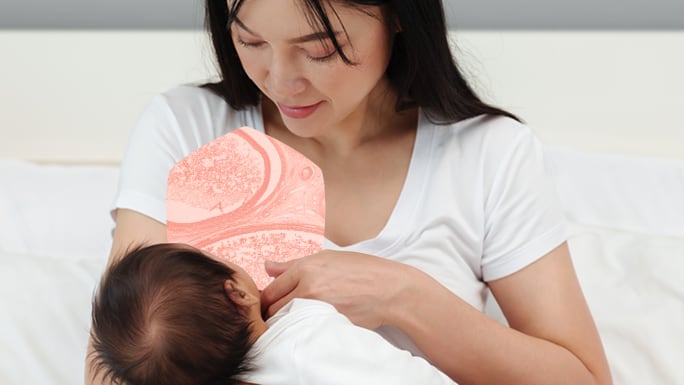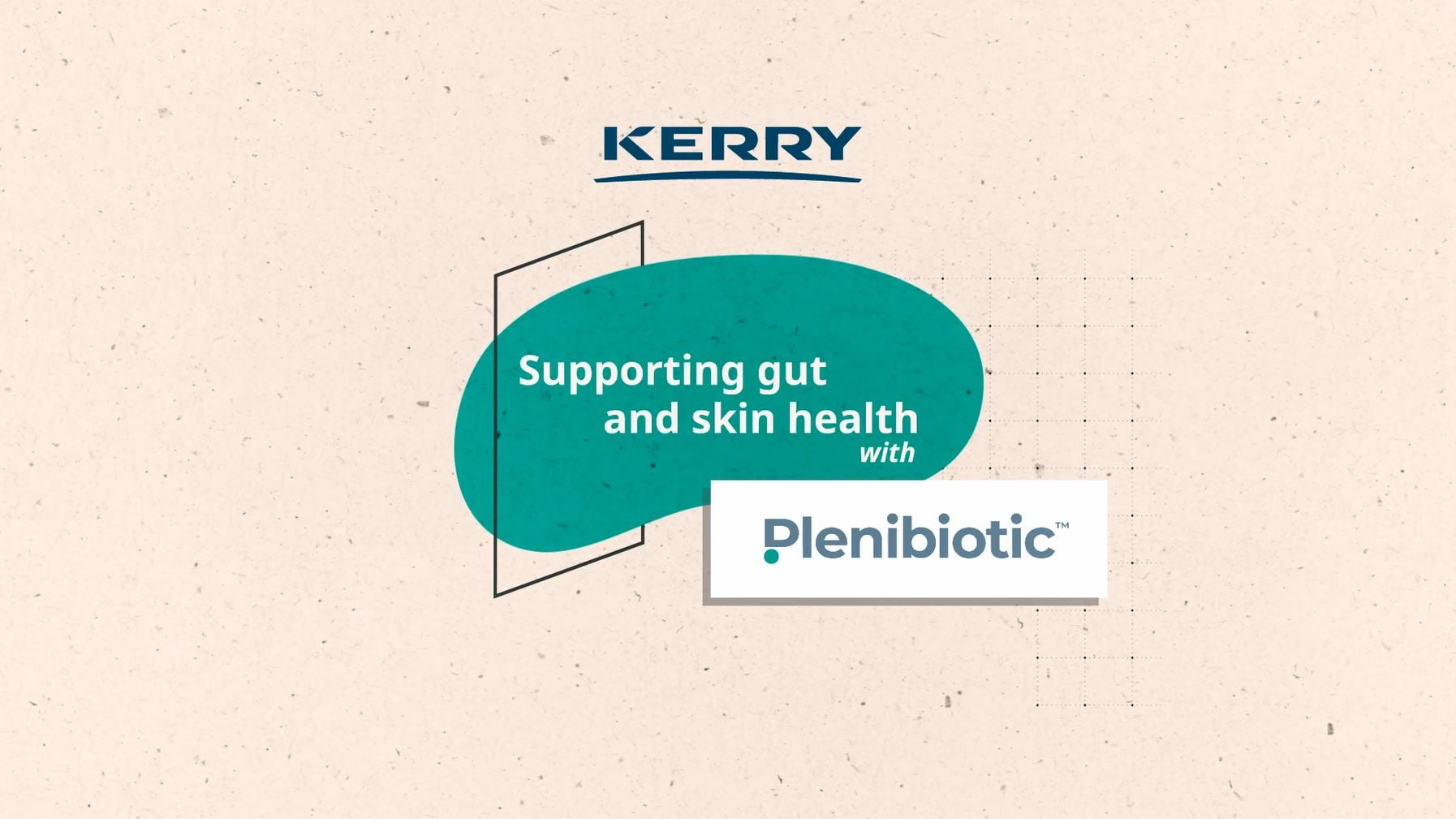Women’s health is stepping into the spotlight, having emerged as one of the top ten health and nutrition trends of 2023.1
Finally, the varied and complex life stages that are unique to women are receiving the attention they deserve. Research shows that women are becoming more proactive about their health needs, which encompass physical and overall wellbeing, and which change due to age-related shifts in the body.
Having access to the right support to navigate each chapter of her life is vital for a woman to become her best self. Yet while a growing importance has been placed on ‘personalised’ nutrition in recent years, many women are not yet confident that their specific set of health needs are being met.
The historic lack of emphasis on women’s health hasn’t been a problem just for women, either – it’s one that impacts the whole of society. A 2016 review concluded that “healthier women contribute to better-educated and more productive societies”, declaring women’s health as fundamental for the health and development of future generations.2
But what encompasses women’s health? What are a woman’s specific health needs? Compared to men, women are concerned with hormonal health, menopause, metabolic health, and general holistic health. According to the National Institute of Health (NIH), women’s top health concerns include balancing levels of vital hormones, such as oestrogen and progesterone, which can influence a woman’s health throughout her life.
Hormonal health is profound for women, and studies are making the link between hormonal state and overall wellbeing. In just one example, of all the need states relating to a woman’s health, support around infertility is perhaps one of the most emotional and personal. In the United States, about 10% of women (6.1 million) aged 15-44 have difficulty getting pregnant or staying pregnant.3
It’s clear for both manufacturers and consumers that supporting the key hormonal changes associated with puberty, childbirth, perimenopause, menopause, post-menopause, and beyond is critical to supporting health issues that impact women. In research carried out by Kerry in 2022, nearly half of global respondents stated that consuming dietary supplements with specific benefits would be the best way to achieve support for health needs such as hormonal imbalances.4
Reproductive health and fertility
The World Health Organization (WHO) defines reproductive health as physical, mental, and social wellbeing relating to the reproductive system at all life stages.
While hormonal imbalances are the leading cause of infertility in women5, global studies suggest a bi-directional relationship between reproductive health and mental health.6 Studies have shown that women with a history of depression are twice as likely to experience infertility, and anxiety can also increase the length of time it takes to get pregnant.7
In fact, cognitive health is a prime consideration for women, who typically bear a heavy mental load. Although lifestyle factors, such as poor diet and health problems that cause hormonal changes can impact a woman’s ability to conceive a baby, emotional labour, including juggling careers and running homes can overwhelm, and in turn impact a range of health issues, including fertility. What’s more, in a recent global survey, 87.5% of participants reported psychological trauma due to infertility.8 Finding support for the emotional and cognitive components of a woman’s health is essential to supporting her overall wellbeing.
Supplements to support fertility
Recent research has led to new technologies for ingredients to support women’s reproductive health and we are starting to understand the benefits of approaching fertility from a holistic standpoint that considers underlying contributing factors to a woman’s health.
According to a study by Kerry, one third of global survey respondents believe that healthy lifestyle products are beneficial to hormonal health. Recent discoveries on the effectiveness of inositols on hormone regulation, for example, are creating more choices around support for hormonal regulation in women from puberty onwards, and particularly within their fertile years.
The supplements industry is aligning with this approach, creating products made from science-backed ingredients in formats that are convenient and accessible. The demand for women’s health products is driving product innovation for supplements, of which 46% are tailored to women.9
Kerry’s RD&A, formulation and marketing experts work with manufacturers to turn its ProActive Health portfolio of ingredients, backed by cutting-edge research, into supplements that appeal to women. A key women’s health ingredient, Caronositol® Fertility helps to support the hormonal and metabolic balance in a woman’s reproductive cycle, in turn helping to promote fertility.
Caronositol Fertility is a well-supported, patented ingredient made from a natural combination of Myo-inositol from the phytin of corn, and D-chiro-inositol from carob fruit. For manufacturers, it is easy to formulate into a variety of formats, including bulk, sachets, and capsules. Other ingredients in the portfolio include solutions for cognitive stressors as well as a variety of health needs for women throughout their lives.
As efforts to improve outcomes for female fertility advance, we can hope to reach a place where the myriad and complex intricacies that encompass what it means to be a woman in the 21st Century are both supported and celebrated – even those surrounding one of most challenging and sensitive of topics.
References
1. Kerry Health & Nutrition Institute, 2023.
2. Onarheim KH; Iversen JH.; Bloom DE. Economic Benefits of Investing in Women’s Health: A Systematic Review (2016, March).
3. Infertility. Centers for Disease Control and Prevention (CDC).
4. Kerry proprietary consumer research – Fortified & Functional, 2022.
5. Cleveland Clinic Health Library, accessed April 2023.
6. World Health Organization (WHO) Health Topics: Reproductive Health.
7. Mayo Clinic Health System, Infertility and Stress, accessed August 2023.
8. Fertility Research and Practice: Self-Reported Effects of Infertility on Marital Relationships.








